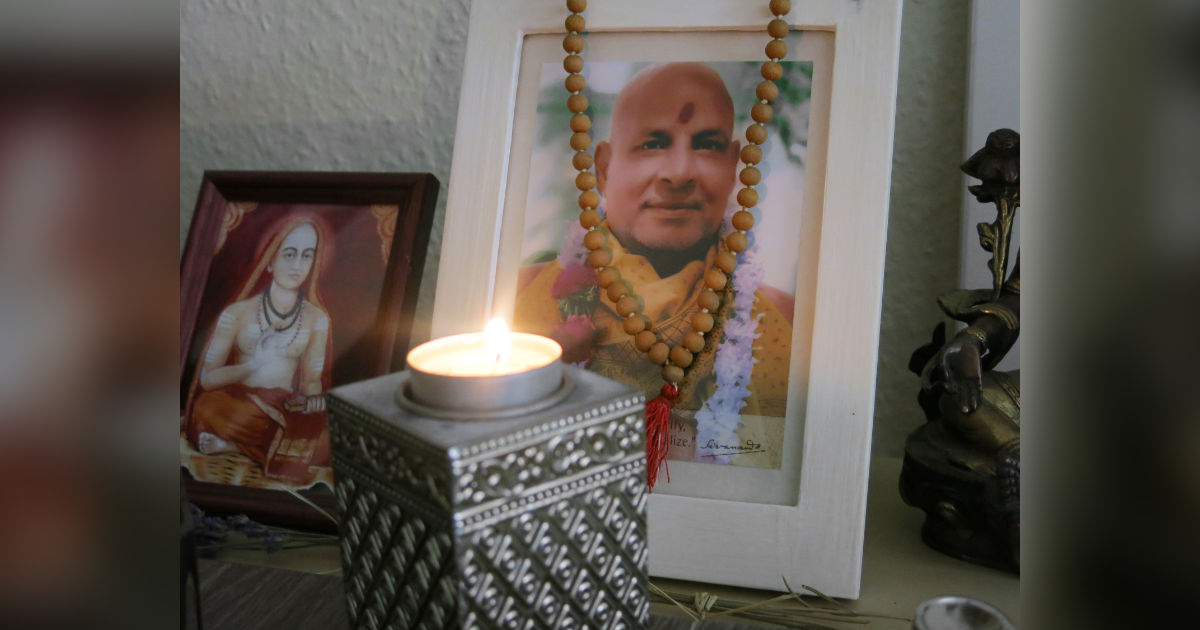Hinduism is the world’s oldest religion. It is also known as Sanatana Dharma. It is a natural religion and its practices and philosophies are considered accessible to all.
All beings from the smallest organism to man, are considered manifestations of the divine. Hinduism views the universe as a family, or in Sanskrit, Vasudhaiva Kutumbakam.
There are several hymns which say that Hinduism preaches inclusivity. There is an ancient Hindu hymn which says,” No one is superior, no one is inferior. All our brothers are marching forward towards prosperity.” Another one says “May all beings be happy. May all beings be healthy. May all beings experience prosperity. May none in the world suffer.”
Hinduism because of its inclusivity is described as a way of life. Hinduism lays down a code of conduct. Dharma, Kama, Artha, and Moksha are to be observed. Dharma means to observe good conduct and morality. Kama is an important part of one’s life. Kama means love, desire and pleasure. Kama is essential for us to understand unconditional love. Only after experiencing Kama can one practice Atma Bhava.
Artha means prosperity and it is essential to attain some wealth. However, one has to be detached from it. Last is Moksha which means salvation. Moksha is attained by performing good deeds, not having expectations, and being freed from samskaras.
Attain moksha
Ahimsa is an important ideal and it means that one does not inflict pain on any of God’s creatures. Lastly the three gunas are a part of Prakriti. These three gunas are Sattva (a state of harmony) known as goodness, Rajas (a state of energy) known as action, change, movement and passion, Tamas (a state of sloth and darkness) known as ignorance. Each human is composed of these three gunas and only after being aware of the trigona’s can one attain moksha.
All of us who follow the Hindu way of life and code of conduct are Hindus. It is our acts which describe us. We can follow rituals or we can say a mental prayer. In Hinduism, we have no rules other than following the Code of Conduct and cleansing our gunas.
Aim Hrim Klim

